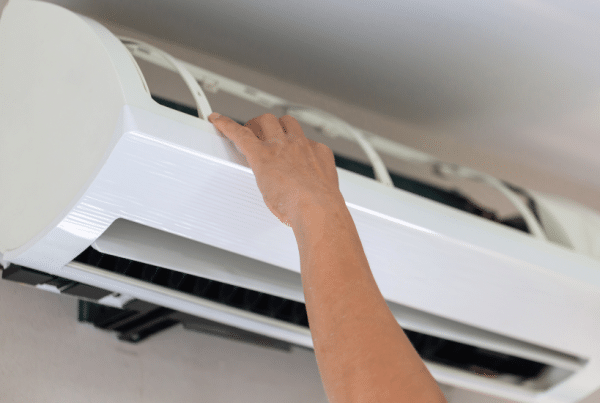Putting trash in a dumpster and throwing it away is a typical method of disposing of waste. Rather than using other means of trash disposal, many people rely solely on dumpsters. On the other hand, not everything can be thrown away in a dumpster. It is prohibited to stack some objects on top of certain items that are deemed harmful. If you’re unsure what may and cannot be thrown out in the dumpster, here’s a guide to help you figure it out!
First things first…
Let’s start with the items that are permitted to be put into your dumpster. Generally speaking, most common rubbish may be disposed of in a dumpster without difficulty. Things like the following are included:
Food waste
Wasted food is defined as any food that is no longer appropriate for human consumption, including leftovers. Items such as rotten food, uneaten food, and even food scraps can fall into this category.
Yard waste
Yard waste includes anything that accumulates in your yards, such as leaves, branches, grass clippings, and other debris. Yard rubbish can be collected and recycled.
Construction debris
Construction debris is defined as any waste generated during the course of a construction or restoration project. Drywall, lumber, pipes, and cables are examples of materials that can be used in this process.
Household items
All of the objects that you would typically find in a home are considered to be household items. Furniture, appliances, toys, and other things fall under this category.
Old clothes
Clothes that are no longer in style can be put into your dumpster. However, it should be noted that some clothes may be repurposed or donated instead of being thrown away.
These are just a few examples of the kind of materials that can be disposed of in a trash dumpster on a regular basis. It is usually preferable to err on the side of caution when unsure whether or not an item can be thrown out and to consult with your local waste disposal firm, such as Redbox+ dumpster company Columbus in order to be certain.
We’ve gone over what may and cannot be put into your dumpster, so now it is time to discuss some of the items that should not be disposed of.
Hazardous materials

Photo by Polina Tankilevitch from Pexels
https://www.pexels.com/photo/toxic-waste-in-laboratory-3735737/
Hazardous materials are defined as any substance that poses a threat to the health or safety of people or the environment. Oil, paint, chemicals, and batteries are all examples of potentially hazardous items. As a result, these materials should never be disposed of in a dumpster because they might cause significant damage. It is best to speak with a representative from your local waste disposal firm to determine the right approach to dispose of these potentially dangerous products.
When it comes to disposing of hazardous waste, most homeowners have a variety of options. Some rubbish disposal firms, for example, will visit your place and collect these items for you. For those who prefer to recycle, several hardware stores offer unique programs to dispose of hazardous waste.
Recyclable materials
Materials that can be reused or recycled are referred to as recyclable materials. Recyclable materials include glass, plastic, and metal, to name a few examples. However, while some recycling centers will accept these products, they should not be disposed of in a trash can or other container. The best course of action is to contact your local recycling facility to determine whether or not they accept the type of recyclable goods you have.
Generally speaking, if an object can be reused or recycled, it should not be put into your dumpster. This is because dumpsters are used to dispose of materials that cannot be reused or recycled. There are, however, certain exceptions to this general norm. It is possible to dispose of an object in a dumpster if, for example, it is too huge to be appropriately recycled.
Certain types of electronics
Certain types of electronics, such as televisions and computers, should not be put into your dumpster because of their hazardous nature. Some of these objects contain dangerous substances that can leach into the environment and create pollution. For information on how to properly dispose of these electronics, it is best to consult with your local garbage disposal firm for guidance.
Medical waste
Generally speaking, medical waste refers to any waste generated by healthcare facilities. The term “contaminated materials” encompasses items such as used needles, bandages, and other materials that may have been contaminated with blood or other bodily fluids. Whenever possible, medical waste should be disposed of correctly to avoid the spread of illness.
In conclusion
When renting a dumpster, it’s important to recognize that not everything can be thrown away. Some objects, such as hazardous materials and recyclable goods, should be handled differently. At a time when we are on the verge of a climate crisis, it is more crucial than ever to be careful of the waste we generate. So the next time you’re inclined to throw anything out in the trash, pause and consider whether there might be a better option. It is always better to speak with your local waste disposal company for information on how to properly dispose of particular goods if you are in any doubt. Have a good time and stay safe!








